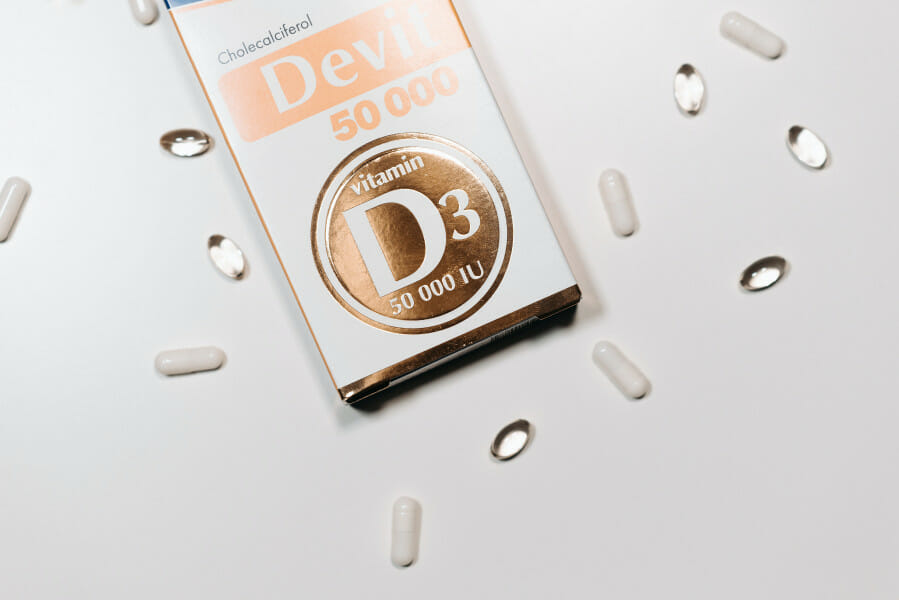Importance of Vitamin D for Your Body
Hello everyone!
The mention of ‘Vitamin D’ often brings to mind the popular Bournvita advertisement emphasizing the role of Vitamin D in calcium absorption. Bournvita is enriched with Vitamin D to ensure children get their required calcium.
Initially, many may wonder why Vitamin D is added to a health drink when the body can produce it in the presence of sunlight.
 Image by silviarita via Pixabay
Image by silviarita via Pixabay
There’s a rationale behind this addition. It helps prevent Rickets, a condition caused by Vitamin D deficiency, ensuring children’s health.
Let’s delve deeper into the significance of Vitamin D.
A fat-soluble vitamin, also known as the ‘sunshine vitamin,’ is synthesized by the body when exposed to sunlight.
Why Vitamin D is Crucial?
- It regulates the immune system to combat common ailments like the cold.
- It is essential for the absorption and utilization of calcium and phosphorus, crucial for maintaining healthy bones.
- It plays a vital role in cognitive functions such as awareness, perception, reasoning, and judgment.
- Research suggests a link between Vitamin D and maintaining a healthy body weight.
- It may reduce the severity and frequency of asthma symptoms.
- Studies indicate a lowered risk of developing rheumatoid arthritis in women with adequate Vitamin D levels.
- It aids in protecting against radiation damage from low levels of radiation.
- Individuals with sufficient Vitamin D levels have shown a reduced risk of developing cancer.
- It facilitates speedy recovery from tuberculosis.
- Inadequate Vitamin D levels may contribute to heart attacks and premature death, underscoring its importance in the body.
 Image by PublicDomainPictures via Pixabay
Image by PublicDomainPictures via Pixabay
Consequences of Vitamin D Deficiency
- Bone pain and muscle weakness are warning signs of deficiency.
- Increased risk of cardiovascular disease.
- In children, deficiency can lead to conditions like rickets and asthma.
- Potential link to cancer development.
Why do people experience Vitamin D deficiency?
Causes of Vitamin D Deficiency:
- A strict vegetarian diet lacking animal sources, which are rich in Vitamin D.
- Inadequate exposure to sunlight due to excessive sunscreen use or indoor lifestyles.
- Higher melanin levels in the skin can hinder Vitamin D synthesis.
- Obesity can reduce Vitamin D levels in the body.
- Impaired absorption of the vitamin by the digestive tract.
Foods High in Vitamin D
- Fish
- Milk
- Eggs
- Fortified cereals
- Mushrooms
- Orange juice
Recommended Daily Intake:
- 600 IU/day for ages 1 to 70
- 800 IU/day for individuals over 70
- 600 IU/day for pregnant and lactating women
Boost your Vitamin D levels by soaking up some sunshine alongside incorporating these sources into your diet.
Stay healthy and take care!
You may also like:
- Importance of Weightlifting for Women
- Effective Stress Reduction Strategies
- Weight Loss Plan with 4 kg in a Month: Week 4 Diet
- Aerobic Exercise for Weight Loss
- Diet Tips for Thyroid Patients
- The Perils of Overtraining
- Lifestyle Changes for Managing Irregular Periods
- Monthly Workout Plan for Weight Loss
- High-Protein, Low-Carb Fried Chicken and Egg Recipe
- Weight Loss Plan with 4 kg in a Month: Week 3 Diet
- Surya Namaskar for Weight Loss
- Role of Gratitude in Weight Loss



















